There are many steps to take while buying a home, but figuring out financing is one of the most important steps of the process. Financing doesn’t get discussed as much as it should during the home buying process, which leads to common mortgage mistakes made by homebuyers. When buying a home it’s important for buyers to be educated. If they make one of these mistakes it could be the difference between getting approved for a loan or not. So if you’re thinking of buying a new home make sure to avoid these common mortgage mistakes.
1. Getting Pre-Qualified for a Mortgage, Not Pre-Approved
Getting pre-qualified for a mortgage is completely different from getting pre-approved. This is a common mistake that many homebuyers make when applying for a loan. Not getting a pre-approval when buying a home is a huge mistake. There is a distinct difference between pre-qualified and pre-approved. The lender, without any research, often does a mortgage pre-qualification based on the information that the borrower provides. However, a mortgage pre-approval is issued after the lender reviews important financial information based on the borrowers pay stubs, tax returns, and credit reports. It’s important to know the difference and get the pre-approval so that you can avoid this common mortgage mistake and make the home buying process easier.
2. Putting No Money or Little Money Down
When putting no money or little money down you are at more of a disadvantage compared to others who have put a good amount of money down. When you pay little to no downpayment there is very little equity in your home, which could potentially hurt you in the future. Also, you’ll probably have to pay mortgage insurance as well as higher interest rates on your mortgage if you opt for a smaller downpayment. When making this decision it is important to weight the pros and cons. If you can’t put a substantial amount down don’t worry, you can still make it work. However, if you can afford to make a bigger downpayment it is almost always the better option to go with.
3. Skipping on Locking Your Mortgage Rate
Later into the mortgage application process, one of the decisions you’ll have to make is whether to lock in you mortgage rate or not. Whatever you do, do not skip on locking the mortgage rate. When you don’t commit to the mortgage rate and decide to float your mortgage rate instead, you may put yourself at risk. You can potentially end up with a higher rate than what you would have had if you decided to lock your mortgage rate. So it’s important to remember during the process to always lock your mortgage rate. Better safe than sorry!
4. Overlooking the Total Cost of Owning a Home
Owning a home is much more than just paying you monthly mortgage. There are other costs that come with owning a home and applying for a mortgage. It is extremely important t understand how much it costs to buy a home. Take into account repairs, utilities, groceries, insurance, and other such expenses. When buying a home keep this in mind and crunch the numbers so that you won’t be in a vulnerable position in the future.
5. Not Having Job Stability
When mortgage companies are deciding to approve or deny a borrower a loan they review the current and previous job history of the borrower. Having a sporadic job history will make attaining a home loan difficult for the buyer. Job stability is vital when getting approved for a home loan. Most mortgage companies are looking for at least two years of work in the same occupation. Also, if you’re changing jobs or job positions ask your employer if you can start after the closing date. Changing positions during the process of receiving a mortgage loan will complicate the process. The lender can easily reevaluate the stability of your position and change his or her mind. So keep this in mind when looking for a home, it could potentially hinder you when getting approved for a loan.
